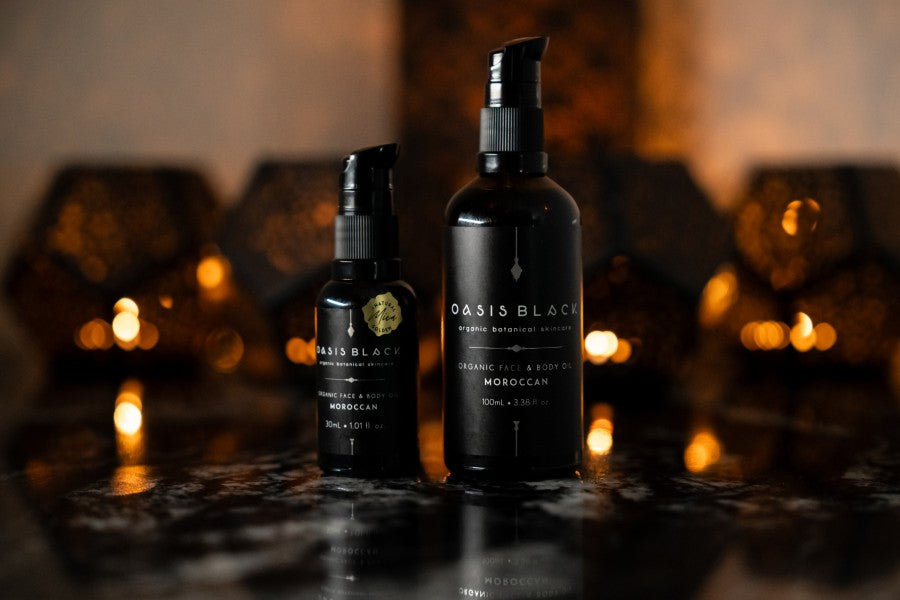In addition to being a potent source of free-radical fighting antioxidants, Black Seed Oil is a rich source of essential fatty acids (namely omega 3, 6 and 9) which help to fortify and protect the skin's natural lipid barrier, retain moisture and promote elasticity.
The potent combination of vitamins, minerals, antimicrobial (antibacterial, antifungal and antiviral) and anti-inflammatory properties of Black Seed Oil see this natural powerhouse also help improve wound healing, reduce blemishes, minimise the appearance of scars and combat the visible signs of aging.
Plus, this study entitled "Thymoquinone, extract from Nigella sativa seeds, protects human skin keratinocytes against UVA-irradiated oxidative stress, inflammation and mitochondrial dysfunction" showed thymoquinone's preventive effects on photoaging.
This study showed that "Nigella might have the same efficacy as Betamethasone in improvement of life quality and decreasing severity of hand eczema."
And this study showed that Nigella sativa "has many pharmacological effects as antibacterial, antiviral, anti-inflammatory, and wound healing effect and also for acne vulgaris, skin cancer, pigmentation, and many cosmeceutical applications."
Whilst it's impossible to list all the benefits of Nigella Seed Oil here, we hope this snippet provides you with enough to help you understand why these magical tiny Black Seeds are the hero ingredient for all of our Organic Skincare products.



























